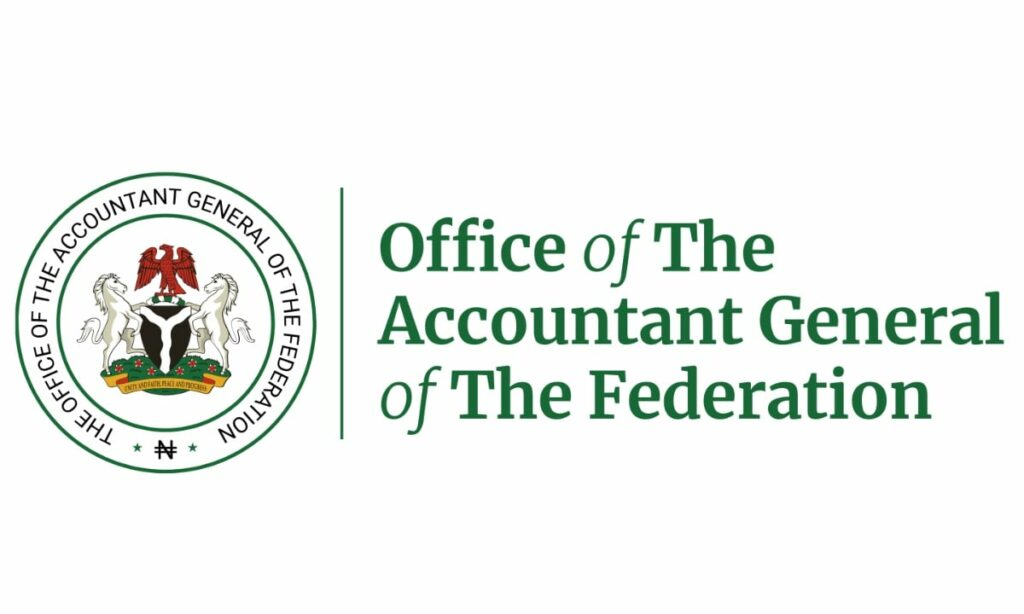The Nigerian Federal Government has disbursed the second installment of delayed wage award payments to its employees, addressing part of a five-month backlog amid scrutiny over delayed salary obligations. According to a Friday statement from the Office of the Accountant General of the Federation (OAGF), the latest payment covers N35,000 (approximately $23) per worker, with three remaining monthly installments needed to clear the arrears.
Spokesperson Bawa Mokwa confirmed the update from Abuja, clarifying that the government had already settled one tranche earlier this year. The OAGF emphasized that claims the administration had abandoned its commitment were “misleading,” reaffirming plans to fulfill the remaining obligations in monthly increments. “The Federal Government will continue to pay the wage award in installments until the outstanding arrears are exhausted,” the statement read.
The payments aim to offset economic strains faced by public sector workers amid Nigeria’s cost-of-living crisis, exacerbated by the removal of fuel subsidies in 2023. However, the staggered approach has drawn criticism from labor groups. The Nigerian Labour Congress (NLC), the country’s largest trade union, had previously criticized the delayed and incremental disbursements, arguing that overdue wages compound financial hardships for employees.
While the government has not specified the root cause of the backlog, the OAGF’s statement appears to counter growing suspicions of fiscal mismanagement. Authorities have yet to confirm a timeline for clearing the remaining debt, though the use of “installments” suggests payments will continue through mid-2024.
The wage award, initially introduced as a temporary measure to cushion inflation impacts, has become a focal point in broader negotiations between the government and labor unions. The NLC has repeatedly called for systemic reforms to public sector compensation, warning that inconsistent payments undermine workforce morale. Analysts note that resolving the arrears could ease tensions ahead of potential discussions on long-term wage adjustments, though skepticism persists over the government’s capacity to address structural economic challenges.
As the administration works through the backlog, the staggered payments underscore the delicate balance between fiscal constraints and social stability in Africa’s most populous nation.
